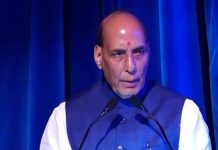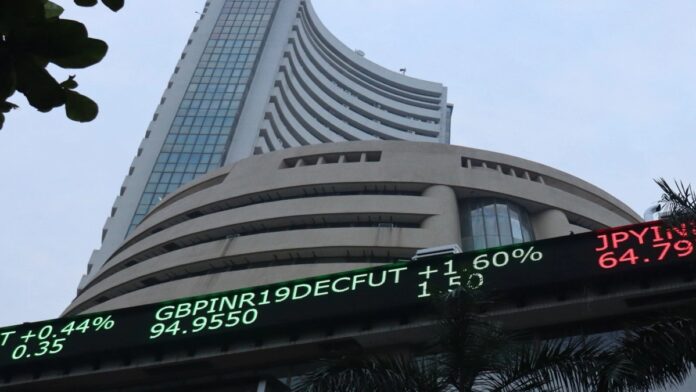Mumbai (Maharashtra): The domestic markets recovered on early Wednesday morning after key indices ended with losses on Tuesday. The stocks were in the green today, tracking cues from strong global stocks and indices. On Tuesday, global investors were caught by surprise as the central bank Bank of Japan decided to review its yield curve control policy.
Key indices S&P BSE Sensex surged 265 points to 61,968.17 while NSE Nifty 50 gained 72 points to 18,457.35 at 9.20 am on Wednesday morning. Among the most active stocks on BSE, Shyam Metal, Lal Pathlab, Bajaj Hind and UCO Bank were some of the gainers. Some of the laggards on the index were NFL, Lloyd Steel, Ircon, and City Union.
On the index Nifty 50, Apollo Hospital, HCL Tech, UPL, HDFC Life, and Hindalco were in the green while Dr. Reddy’s, Bharti Airtel, and L and T were some of the stocks which were trading in negative.
In Asian markets, Japan’s Nikkei went down 59.30 points to 26,508.73, Hong Kong’s Hang Seng surged 107 points while China’s Shanghai gained 10 points on Wednesday morning.
In Europe, FTSE gained 9 points; CAC was in the green while Deutsche Borse declined 58 points as markets open in the Asian countries.
In American markets, Down Jones went up 92 points, Nasdaq was flat but in the green while S-P gained 3 points to 3,821 level.
In early Wednesday trade, the local currency fell 5 paise to 82.75 against the dollar.
In the commodities market on Wednesday, Brent Crude hovered around $80 per barrel, up 0.2 percent, whereas WTI Crude climbed over 1 per cent to $76 per barrel.
On Tuesday, domestic equity benchmarks ended with minor losses, tracking negative global cues. Global investors were rattled by a surprise monetary policy shift by the Bank of Japan (BoJ). BoJ stunned markets by deciding to review its yield curve control policy and widen the trading band for the 10-year government bond yield. Investors were concerned that aggressive monetary policy moves by global central banks could push the world economy into recession











































